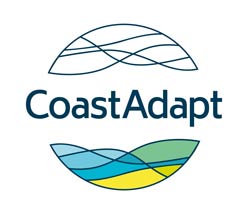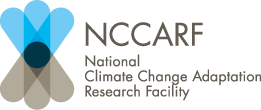You are here
Does climate change keep tourists away?
Are they really so concerned about climate that we will see a rapid decline in our iconic tourist areas? These questions are the basis of research from Griffith University about tourism perceptions. By interviewing tourists while on holiday on the Gold Coast, insights were gained on the perception of climate impacts and whether it affected decisions about travel.
For example, when do tourists think extreme weather events will occur on the Gold Coast, and how concerned are they about the impacts?
More than a quarter of tourists felt that the Gold Coast was already being impacted by storm surges, beach erosion, increased amounts of jellyfish, floods, and heatwaves. Another quarter of tourists perceived that in 10 to 20 years, the Gold Coast will be impacted by sea-level rise, droughts, disease outbreaks, bushfires, and cyclones.
When asked about impacts ‘elsewhere’ compared with the Gold Coast, tourists perceived the world as being impacted by disruptions sooner, and at a greater magnitude, than the Gold Coast, and expressed greater concern about global impacts. Such perceptions might result from cognitive bias where impacts in close proximity are perceived to be less severe and under better control (optimism bias), than those occurring elsewhere or to others (‘it won’t happen to me’).
This has important implications about the perception of tourism destinations. Once people have arrived, they tend to think they are better off than more distant locations. The challenge is in understanding how they perceive their destination before they have decided to visit, or before they arrive. It suggests that controlling messaging and marketing about a destination is important to continue to attract tourists.
Do tourist numbers in your area change when there is more news about climate impacts?
What do you do to market that your areas are climate safe?
More information:
https://www.griffith.edu.au/research/research-excellence/sustainable-tourism




